Freed Catalan separatist leader Junqueras says no quid pro quo to pardons
Former Catalonia Vice President Oriol Junqueras says the pardons of Catalan leaders who were jailed for their role in a failed 2017 independence bid will not guarantee their party's automatic support for Spain’s 2022 budget.
Junqueras, leader of Catalonia's main pro-independence party Esquerra Republicana (Republican Left), made the remarks in an interview with foreign media on Monday, following his release from prison after the government granted him pardon last week.
The Catalan leader said there was no quid pro quo associated with the pardons since his leftist party has not requested them.
He also stressed Esquerra would not support the budget plan of Spanish Prime Minister Pedro Sanchez for next year as a result of the pardons, adding that it will only do so if it brings benefits to Catalonia.
"When Esquerra Republicana opts to vote in a favor of a measure or against, it is not to favor or harm another political party, but it is always to protect the common good" [of Catalonia], he said.
Junqueras went on to say that his political convictions had grown stronger in jail, adding that he could not be thankful for his pardon because his imprisonment was "unfair."
He also said he is not scared to go back behind bars should the pardons be reversed.
"If we would have been afraid to go to jail, we would have not assumed that (possibility), we would have avoided it," he said.
The 52-year-old Catalan leader was serving the longest term in jail among the nine pardoned leaders, who walked out of prison on Wednesday after the government granted them pardons.
Spain's Supreme Court sentenced the nine Catalan separatist leaders in October 2019 to between nine and 13 years in jail on sedition charges for organizing an unauthorized referendum on independence and issuing a short-lived unilateral declaration of independence.
On June 21, Sanchez announced that his government intends to pardon the nine jailed leaders of Catalonia, saying the move could end the political conflict over the region's separatist drive.
He made the announcement during a speech in Barcelona to around 300 members of Catalan civil society, stressing that seeking reconciliation with the region was in the public interest.
However, Sanchez fell short of offering amnesty to the group, a move that separatists have long called for.
The development came as around 63% of Spaniards opposed granting the pardons while some 25% backed it and about 6% were indifferent, according to polls.
Meanwhile, Esquerra's chairman has said that he is open to participating in the talks hosted by the central government with regional authorities in a bid to end the conflict.
Earlier in the day, Sanchez said that "the dialogue will be between governments" adding that there is no room for Junqueras, who is still banned from holding public office.
Sanchez is due to meet with Catalonia's regional government chief Pere Aragones, who is from Esquerra, on Tuesday.
Aragones is expected to insist for an agreed referendum on independence and an amnesty for the more than 3,000 separatists with open legal investigations.
In 2017, Catalonia's regional government announced that 90 percent of those who participated in an independence referendum banned by Spain’s central government choose to be separated from the country.
In order to halt the vote, Madrid increased pressure on Catalan officials and it also deployed thousands of extra police from across the country to Catalonia to stop the vote.
Since then, Catalonia has been a mainstay issue within Spanish politics.
Catalonia, one of Spain’s 17 autonomous regions, held a symbolic referendum back in November 2014, during which more than 80 percent of participants voted for independence, according to Catalan officials.
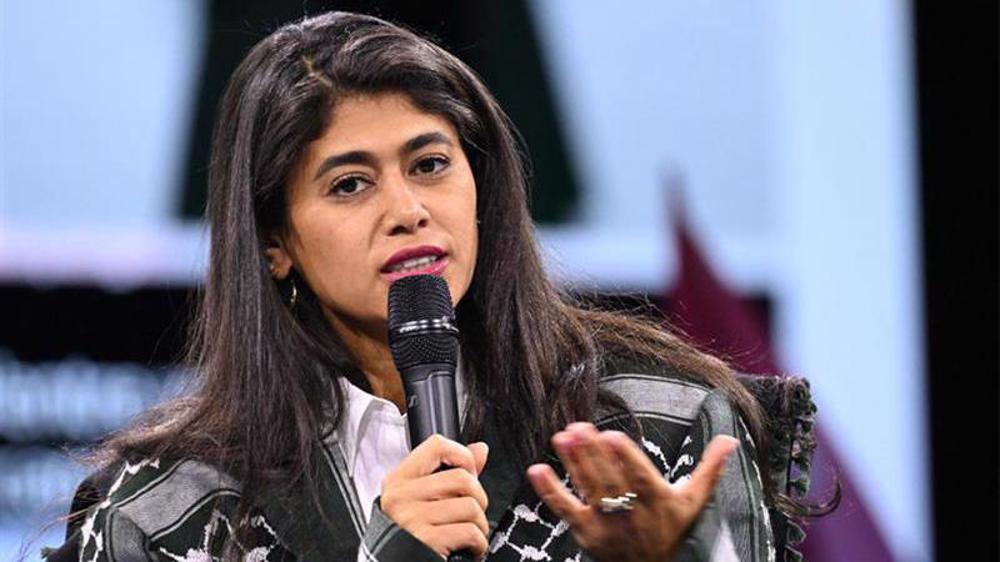
French leader decries ‘unprecedented diplomatic scandal’ after Israel bars European MPs
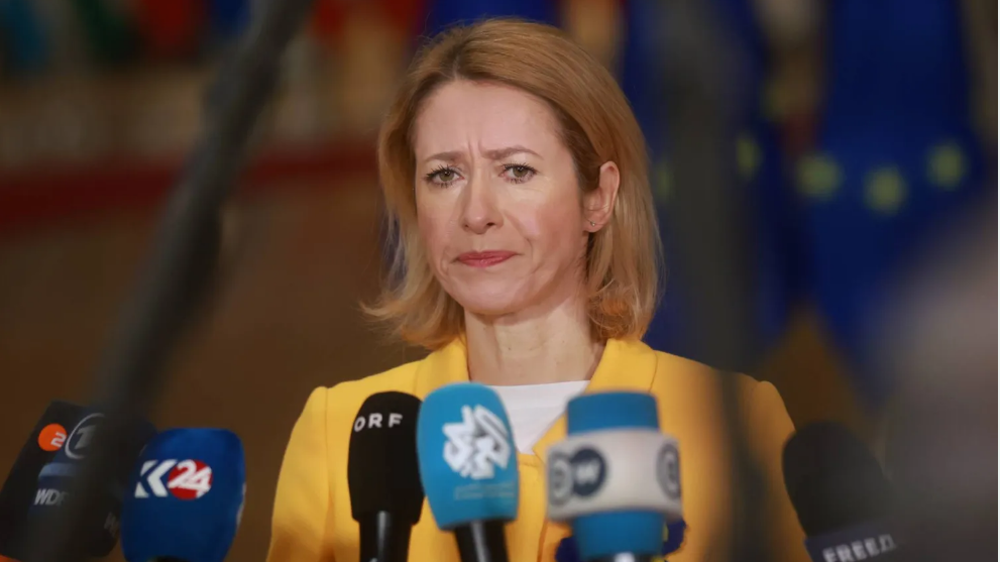
EU imposes new sanctions on Russia on third anniversary of Ukraine war
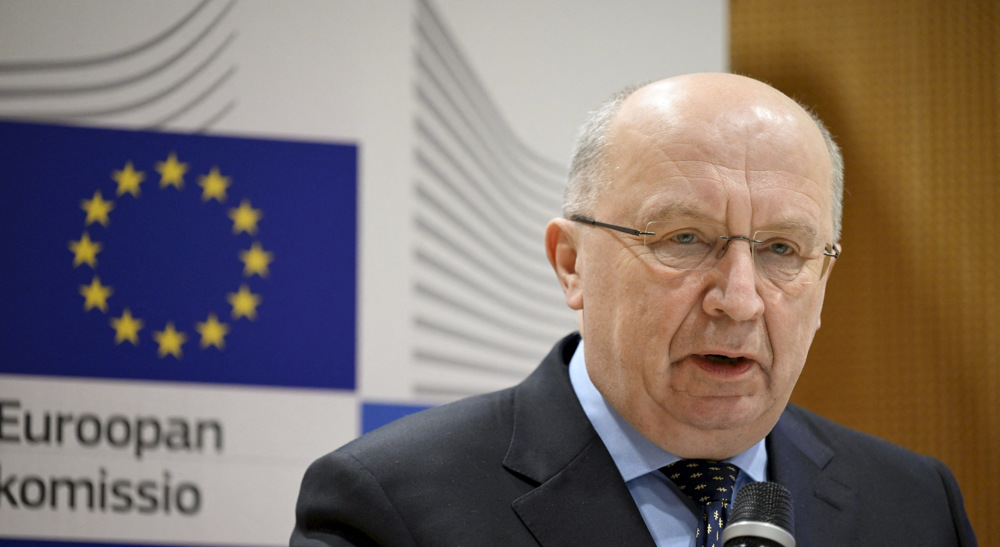
EU weighting new aid package to Ukraine ‘to show support’ amid rift with US
Iranian flotilla makes port call in India with 'friendship message'
How UK counter-terror police colluded with Zionists to detain me after Beirut trip
Biden, Blinken, Austin referred to ICC over Gaza war crimes
EU will 'do the same' if US implements tariff hikes: France
VIDEO | Press TV's news headlines
British celebrities condemn BBC removal of Gaza documentary
Iran Army acquires tactical vehicles, audio surveillance systems
VIDEO | UK police detain anti-Zionist scholar upon return from Lebanon


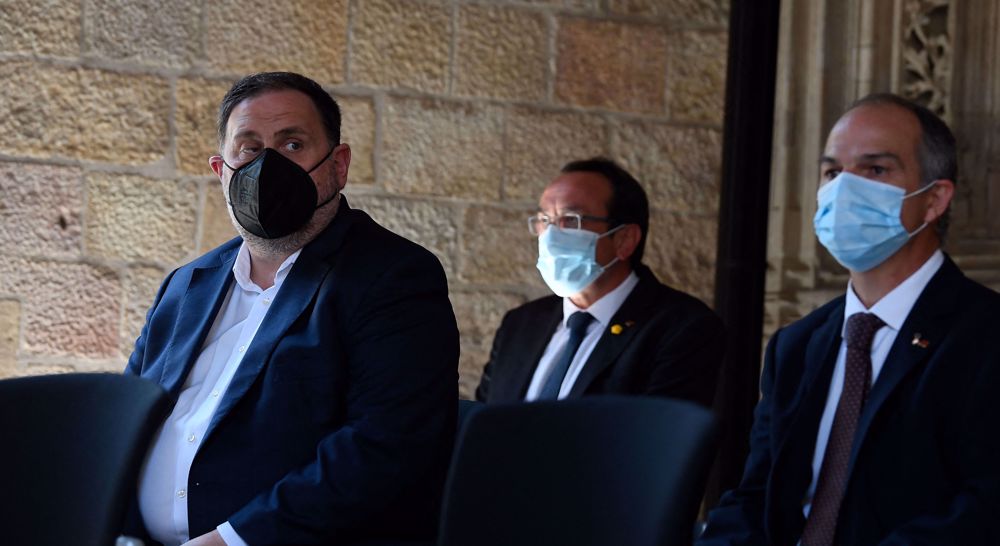
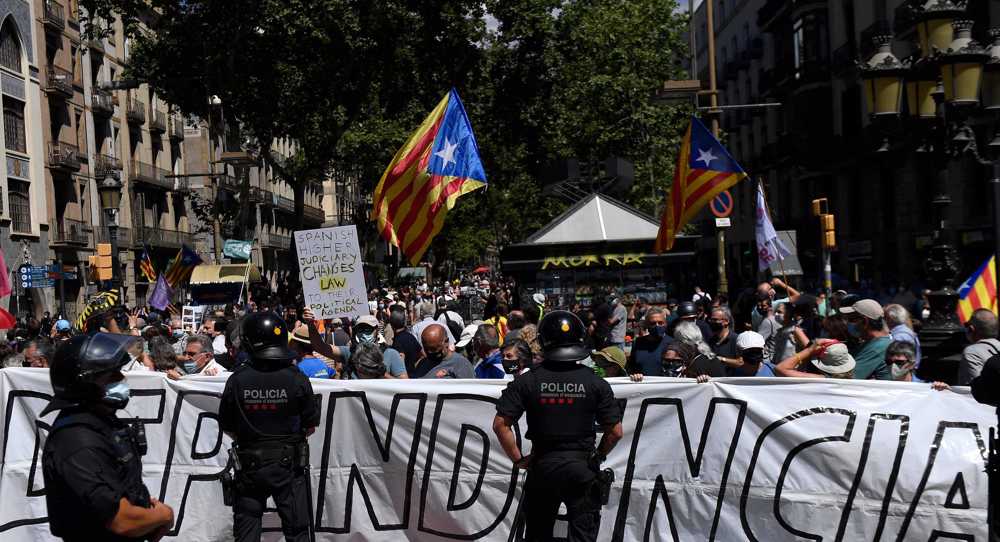




 This makes it easy to access the Press TV website
This makes it easy to access the Press TV website